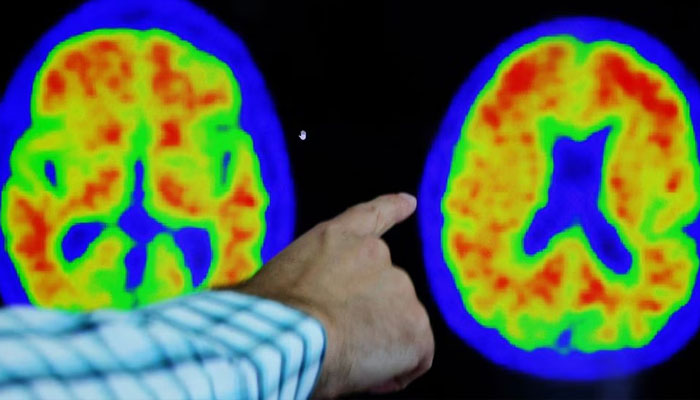World Alzheimer's Day 2023: Here is all that you need to know about this brain disease
Presently, there is no cure for Alzheimer's, but medication can help manage symptoms
September 21, 2023

World Alzheimer's Day, observed annually on September 21st, serves as a global initiative aimed at increasing awareness of Alzheimer's disease and combating the stigma surrounding it, along with other forms of dementia.
According to the World Health Organisation (WHO), Alzheimer's disease constitutes the most prevalent form of dementia, accounting for 60-70% of all cases.
Alzheimer's is a progressive brain disorder that adversely affects memory, cognitive function, and behaviour.
These symptoms worsen over time, impacting daily activities and quality of life, typically afflicting individuals aged 65 and older.
Significance, and history
Theme The month of September is designated as World Alzheimer's Month, with this year's campaign theme being "Never too early, never too late."
The focus of this theme is to identify risk factors and encourage preventative measures to delay the onset of dementia.
Significance The significance of World Alzheimer's Day lies in its mission to raise awareness about Alzheimer's disease and dementia, dispel the associated stigma, and promote early diagnosis and intervention.
History World Alzheimer's Day was inaugurated on September 21, 1994, through the collaboration of Alzheimer's Disease International and the World Health Organisation.
Its introduction occurred in Edinburgh during the 10th anniversary of Alzheimer's Disease International, which was originally founded in 1984.
Key facts about Alzheimer's
Alzheimer's disease leads to brain atrophy, resulting in a gradual decline in memory, cognitive abilities, behaviour, and social skills.
Recognisable symptoms include memory loss, difficulties in performing daily tasks, speech problems, personality changes, and mood swings.
Advanced stages may involve repetitive statements, forgetting the names of family members, misplacing items, and difficulty articulating thoughts.
Alzheimer's is a distinct form of dementia, differentiated from age-related memory decline.
Presently, there is no cure for Alzheimer's, but medication can help manage symptoms and enhance overall quality of life.
Common risk factors for Alzheimer's include age (typically affecting those over 65), family history, head injuries, depression, traumatic brain injury, and smoking.
World Alzheimer's Day serves as a crucial reminder of the challenges posed by Alzheimer's disease and the urgent need for research, support, and awareness to improve the lives of those affected by this debilitating condition.











